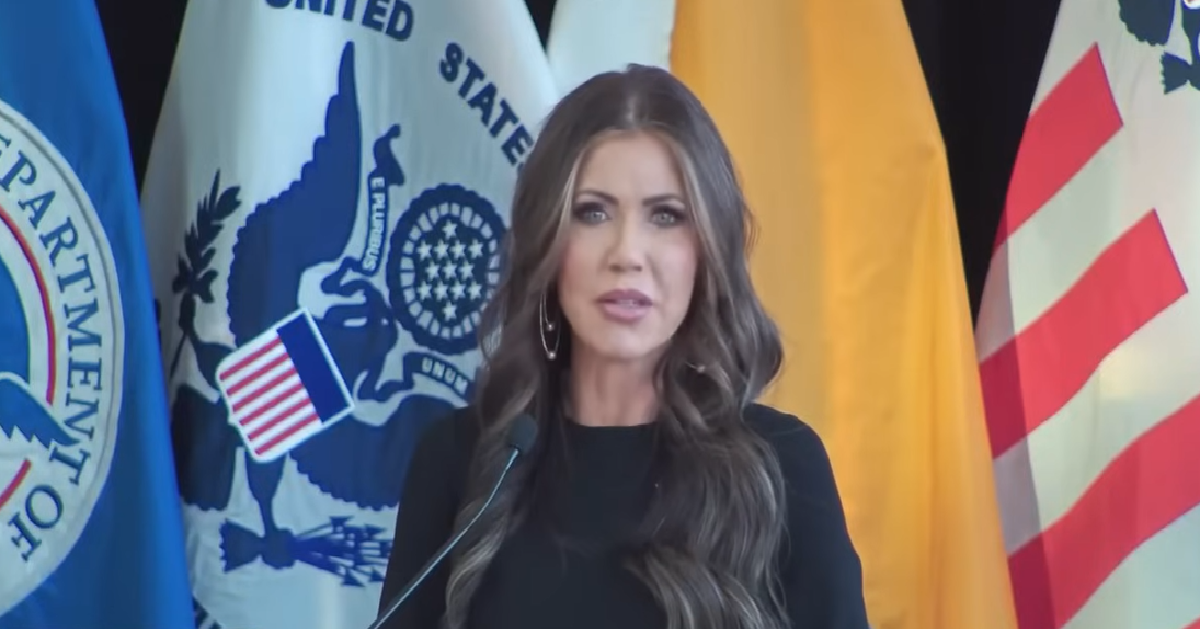Trump consents to delay National Guard deployment in Chicago pending Supreme Court review
Hold the line, patriots—President Trump’s plan to restore order in Chicago with National Guard troops has hit a judicial wall, but he’s strategically waiting it out.
The Trump administration has agreed to extend a federal judge’s temporary block on deploying National Guard troops to Chicago while the U.S. Supreme Court considers overturning the ruling, a dispute tied to protests and federal power, ABC7 Chicago reported.
On October 4, President Trump ordered the federalization of 300 Illinois National Guard members, plus 200 from Texas and 16 from California, to address unrest in Chicago.
Judicial Halt on Guard Deployment
Just days later on October 9, U.S. District Judge April Perry blocked this order, citing no clear evidence of rebellion or danger in Illinois.
Perry also highlighted inconsistencies in the administration’s claims of violent protests, which clashed with state and local law enforcement accounts.
The Department of Justice’s portrayal of chaos seems at odds with on-the-ground reports, raising questions about the urgency of federal intervention.
Legal Battle Moves Upward
Undeterred, the Trump administration appealed to the Supreme Court late last week, arguing courts shouldn’t interfere with military decisions.
U.S. Solicitor General John Sauer stated, “A federal district court lacks not only the authority but also the competence to wrest control of the military chain of command from the Commander in Chief.”
While Sauer’s point carries weight, isn’t it a stretch to say courts have no role when history shows they’ve reined in executive overreach before?
Illinois Counters with Legal History
Illinois, led by Attorney General Kwame Raoul, pushed back, citing past Supreme Court rulings that allow federal courts to intervene when military actions affect civilians.
Raoul’s team argued, “Furthermore, 'federal courts are fully empowered to consider' claims 'resulting from military intrusion into the civilian sector,'” referencing a 1972 decision.
That’s a solid legal jab, but are they more focused on courtroom wins than the real risks to federal agents and property the administration is flagging?
Courts and Power in Tension
The 7th Circuit Court of Appeals upheld Perry’s block on deployment while permitting federalization of troops, a half-measure that frustrates both sides.
Now, with the original restraining order extended by 30 days, the Supreme Court’s pending decision looms large, though no timeline for a ruling has been shared.
The administration insists this deployment is vital to protect federal interests, a stance many see as necessary, yet Perry’s doubts about the evidence of violence linger—where’s the concrete proof to justify such a bold move?






